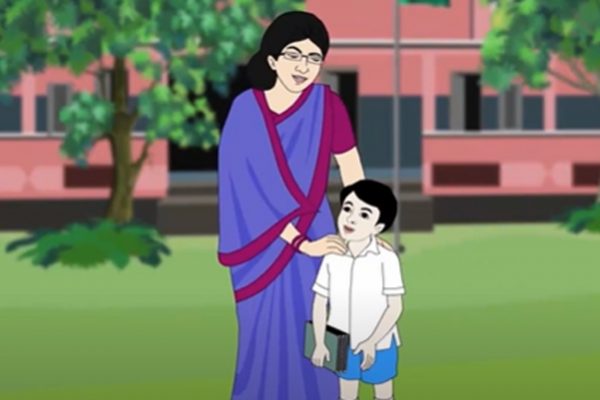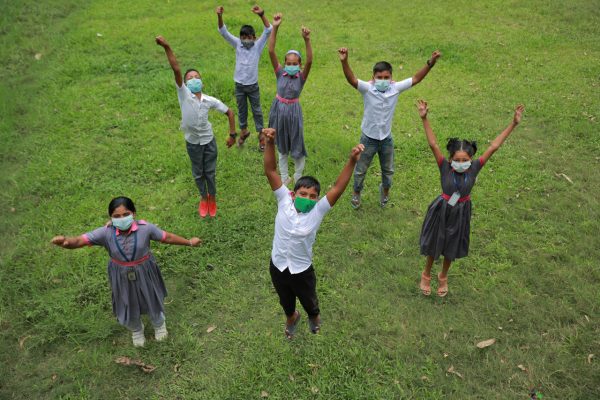What is education really achieving? Here are 10 things to know.
Reading Time: 4 minutes
What is education really achieving in reality? While designing education models centred around learning and knowledge, our vision and actions often get tunnelled.
Here are 10 takeaways from the Frugal Innovation Forum 2017. Themed around ‘scaling quality education’, the forum brought together over 250 development practitioners, non-profit innovators, teachers, social entrepreneurs and investors from across the globe.
1. Double troubles of learning and education
Reports from the World Bank (2017) and UNESCO (2017) have cautioned the global community:
Learning is in crisis and education has come off its tracks. 60% of the children in the world are not learning, even though 85% of these children are in school.
2. Going local
We have to contextualise and localise the national curriculum according to local needs.
At the forum, Urvashi Sahini quoted the work of Study Hall Educational Foundation, which has customised their curriculums specifically for girls – teaching them critical feminist pedagogy, rural schools – telling them how to fight the caste system and become change makers, while amongst urban schools – teaching awareness of poverty.
A stronger focus must be placed on equipping students with skills and real-world learning so that they can lead healthy, productive and meaningful lives in the 21st century.
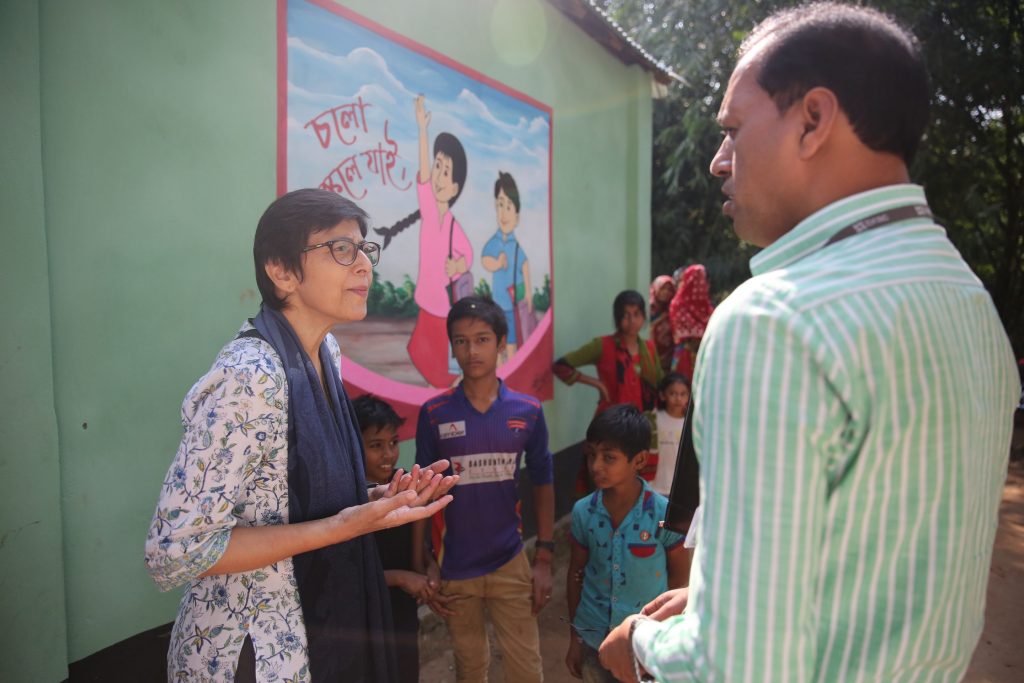
3. Can we change the perspective in education?
To change education and learning, there needs to be a shift in perspective. Education and learning should be moulded from the learner’s point of view.
“Shortfalls in learning start early” (World Bank 2017). This resonated within innovative models at FIF that challenged us to look from children’s perspectives, intending to shape learning and education to be fun for children.
Looking outside rote and book learning, these models proved how education can be taught in ways which excite and fascinate children.
Arvind Gupta inventor of Toys from Trash, demonstrated how everyday materials and trash can be made into ‘frugal toys’ to teach mathematics and science. Outside the classroom – Marcus Veerman, founder of Playground Ideas asked,
“Who cares about education, if it doesn’t give children the ability to thrive in life?”
Playground Ideas builds playgrounds, using local materials like trees and tyres. Veerman said we need to give back the chance to play! Citing how “The Case for Play” shows evidence that play enhances cognitive and social development, strengthening learning capabilities long-term.
4. To the 21st century and beyond
For children to successfully delve into employment, education needs to give them the ability to reach skills that are in demand.
21st century jobs ask for initiative, adaptability and creativity.
Akash Sethi of QUEST Alliance proposed educational technology (ed-tech) as a pathway towards ‘learning to learn and make meaning of content’. MyQUEST uses a blended learning approach for teachers and students. It focuses on self-learning, digital content in English, life and work skills and digital literacy. Data analytics on course performance, online certification and workshops provide more insight into creating a successful classroom.
However, ed-tech is not an instant solution. Technology in education needs to be adapted to address local problems, advised Henry Warren an ed-tech expert with Aga Khan Education Service.
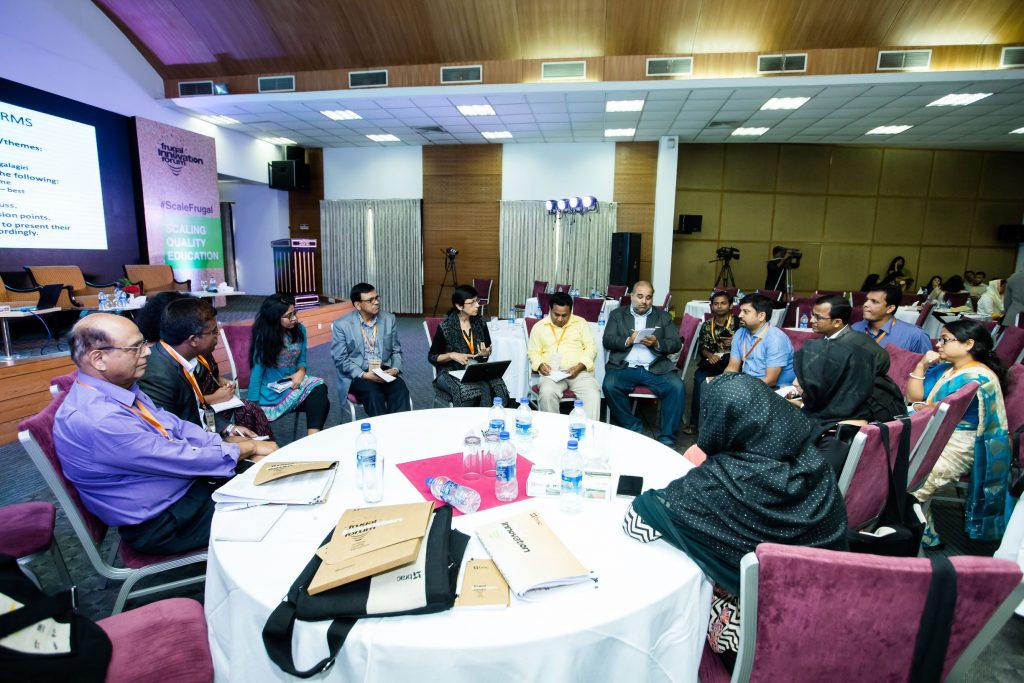
5. The sustainable collective
All countries have ascribed to the Sustainable Development Goal-4, that inclusive and quality education will be made accessible and available for all learners. It is the responsibility of all the different actors in the education collective to ensure that these good intentions do not get lost in the limbo of rhetoric.
We must work in partnership with the government and policy makers to ensure that well- intentioned interventions are not one-off engagements.
Where the government falters, we must commit to being true partners of change to the system.
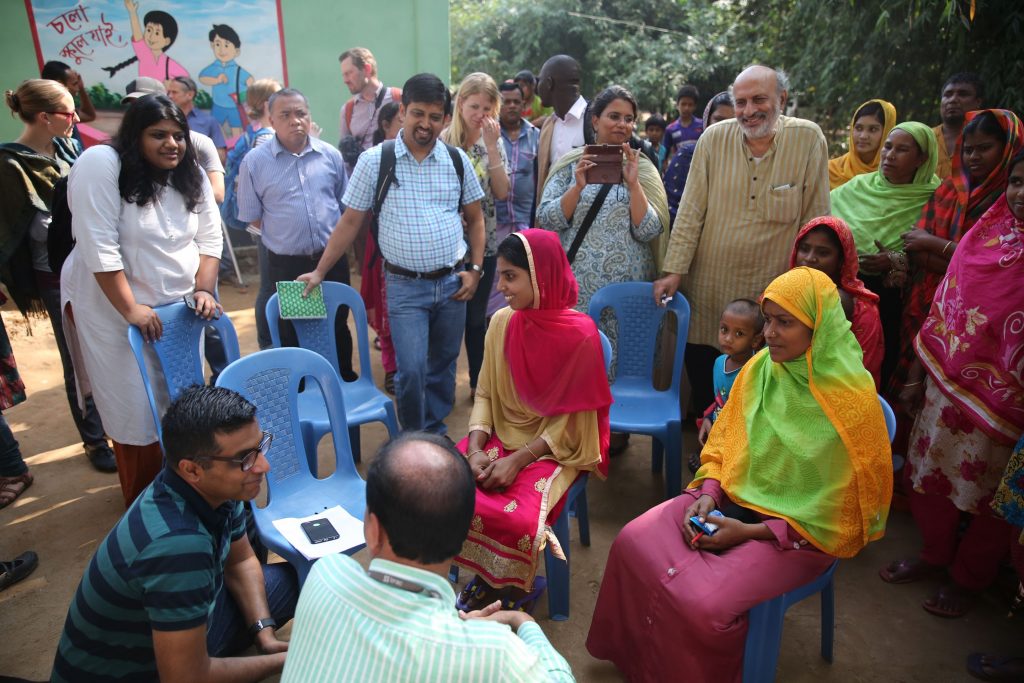
6. The who?
We must raise some critical questions around the knowledge we disseminate, the actors involved in dispersing knowledge and the recipients of the knowledge.
Being mindful of changing contexts, the presence of public-private partnerships, and the circumstances of students, can provide insight into what can have the most impact – in identifying the causes and solutions to gaps in the education system and learning process.
7. The great divide
Globally, students are experiencing a divide in the quality of learning they receive, depending on whether they attend government schools or private schools.
“Education is the fundamental catalyst for change. Education is the great equaliser.” (Sir Fazle Abed, WISE Awards 2011)
However, without education systems providing ‘quality’ knowledge and learning outcomes, it can be difficult to realise the potentials of education.
Whether government or private, education systems need to be held accountable to certain criteria and standards. With the diverse pool of educators expanding, keeping checks and balances become harder, making it tough to benchmark educational achievements.
Disparities amongst the population become more visible in developing countries. Where those living in poverty are receiving education, but learning little.
8. Does the invisible hand fix all?
Scores of more private education institutions have spontaneously cropped up (UNESCO 2015) across developing countries to absorb these demands. However, education outcomes are becoming worse, not better, as Urvashi Sahini from the Study Hall Educational Foundation poignantly brings to focus.
Privatisation does not equate to quality. Private institutions are adding more to the disparity gamut – along lines of affordability, access, and achievements.
There is no conclusive evidence or systems in place yet that guarantee that these students are receiving quality in their learning (UNESCO 2015).
9. Unpacking ‘knowledge’
When the world is in this dialogue about meaningful education, we must be mindful of how we unpack the loaded concept of knowledge.
Addressing the huge scope of ‘whose knowledge’, critical points were raised in the practitioner’s debate and ‘Minding the skill gap’ session around our tendency to focus on ‘schooling’ as a space for merely content dissemination.
Knowledge cannot be articulated in isolation by policy makers and global voices, alienated from the realities of learners.
Education systems currently are poorly aligned with learning goals (World Bank 2017). There remains a disconnect between the ‘adults’ providing the knowledge, and those students receiving knowledge.
10. Where do we go now?
The process of learning is a process of co-creating knowledge that must stress the interconnection between the teacher, the student and the society (Friere 1968).
Knowledge belongs to all – the providers and teachers of knowledge along with students and recipients of knowledge, and the society it is created for.
For education and learning to change, it must go through a multifaceted and contextualised transformation in order to become meaningful and overcome its current crisis.
Shusmita Islam is an intern working at BRAC Social Innovation Lab, and Sumaiya Rubama is a partnership development and communication associate at Teach For Bangladesh.


